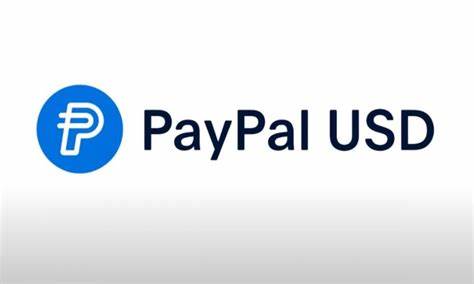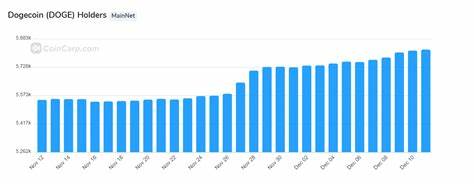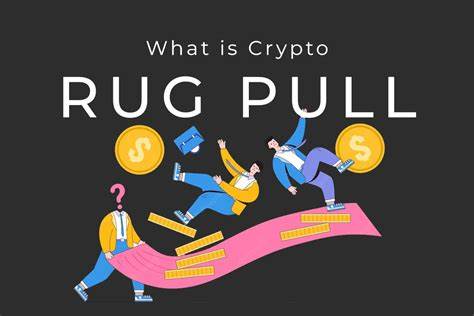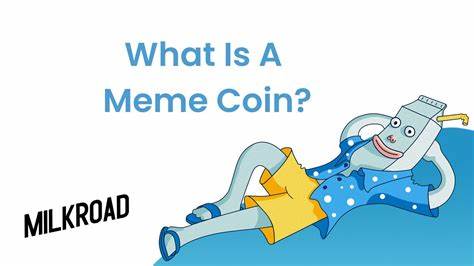PayPal's decision to launch its new stablecoin, PYUSD, has created a stir in the cryptocurrency market, with a wave of fake tokens springing up in its wake. In the hours following the announcement, nearly 30 counterfeit tokens bearing the "PYUSD" ticker appeared on various chains, including BNB Smart Chain, Ethereum, and Coinbase's Base layer 2. These impostor tokens aim to capitalize on the hype surrounding PayPal's stablecoin launch, with opportunists and potential scammers seeking to attract unsuspecting investors. Despite PayPal clarifying that PYUSD is not exclusive to verified users and can be transferred to general crypto wallets, the proliferation of fake tokens continues to pose a threat to the integrity of the market. The fraudulent tokens, many of which are likely "honeypots" designed to trap investors, have seen significant trading volumes since their inception.
One Ethereum-based imposter token, in particular, garnered a staggering $2.6 million in trading volume within minutes of PayPal's announcement, only to later experience a sharp decline in value. In a trend reminiscent of the fast-paced and speculative nature of the cryptocurrency market, some fake tokens such as "PepeYieldUnibotSatoshiDoge" have seen exponential gains in a short period, highlighting the risk and volatility associated with these deceptive assets. Investors are urged to exercise caution and conduct thorough due diligence before engaging with any PYUSD tokens, as the presence of fake replicas underscores the need for heightened vigilance in the crypto space. With degens and opportunists quick to capitalize on trending stories and developments, the proliferation of fake tokens serves as a cautionary reminder of the importance of verifying the authenticity of assets in an increasingly crowded and competitive market.
As the crypto community navigates the challenges posed by counterfeit tokens, regulators and industry stakeholders must collaborate to enhance investor protection and promote transparency in the burgeoning digital asset ecosystem. Only through collective efforts can the market mitigate the risks posed by fraudulent tokens and uphold the credibility of legitimate projects such as PayPal's PYUSD stablecoin.









